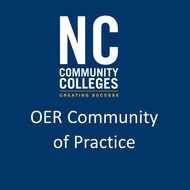Technical Project Management in Living and Geometric Order: A Practical Perspective
(View Complete Item Description)Technical Project Management in Living and Geometric Order demonstrates that even the best-laid project plans can be undone by new technologies, financial upheavals, or resource scarcity, to name just a few disruptors. It encourages project managers to focus on learning throughout a project, with the understanding that what they learn could necessitate major changes in midstream. This adaptive, flexible, living-order approach is inspired by Lean in construction projects and Agile in software development. Technical Project Management in Living and Geometric Order explains how today’s projects unfold in dynamic environments in response to unexpected events. With its practical tips, detailed graphics, links to additional resources, and interviews with engineering professionals, it’s an accessible introduction to the living order for aspiring project managers.
Material Type: Full Course






